Today, we see a new style of feminism springing up everywhere - young, provocative and radical. To get their message across, these women have decided to rely on rock music! While the Pussy Riot shock Russia and fascinate the West, the concerts of Peaches or Grimes are sold out, while artists such as Kathleen Hanna make their comeback to remind us that it all began in 1990 in some backwater of the United States. The RIOT GRRRLS revolutionized rock and inspired entire generations of young artists around the world. This film will explore today s feminist scene while revisiting the little known history of this revolution that shook the early 90s.
Related Movies

Class Acts (2023)
Class Acts is a feature-length documentary tracing the genesis of Singapore's creative scene in the '90s through intimate conversations with its pioneering personalities. These are the stories of individuals who started creating with nothing, who push Singapore’s creative standards even today. The ones who went on to inspire a new generation of musicians, designers, and street artists.
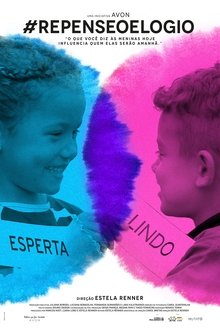
Repense o Elogio (2017)
A documentary that proposes a conversation about the way children are praised. While girls are often praised solely for their appearance, boys can receive compliments by highlighting their skills. "Rethink the Praise" reflects on the power of words and culture that has brought an imbalance in the way we commend our boys and girls.
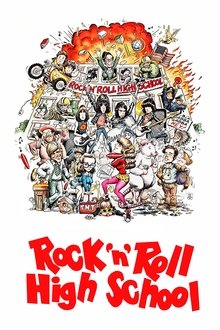
Rock 'n' Roll High School (1979)
A group of rock-music-loving students, with the help of the Ramones, take over their school to combat its newly installed oppressive administration.
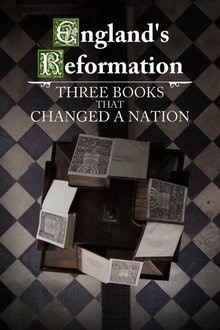
England's Reformation: Three Books That Changed a Nation (2017)
To mark the 500th anniversary of the Reformation, Janina Ramirez tells the story of three books that defined this radical religious revolution in England.
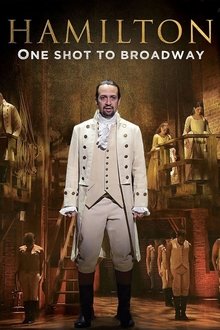
Hamilton: One Shot to Broadway (2017)
It’s the hit musical that changed Broadway forever and brought the genius of Lin Manuel Miranda to the attention of legions of fans across the world. A story of how a group of mavericks made an unlikely marriage of hip-hop and history to create the biggest show in America…and are getting ready to conquer the world. Featuring interviews with Miranda, as well as the cast and crew of Hamilton.

My Village in Nunavik (1999)
Shot during three seasons, Kenuajuak's documentary tenderly portrays village life and the elements that forge the character of his people: their history, the great open spaces and their unflagging humour. Though Kenuajuak appreciates the amenities of southern civilization that have made their way north, he remains attached to the traditional way of life and the land: its vast tundra, the sea teeming with Arctic char, the sky full of Canada geese. My Village in Nunavik is an unsentimental film by a young Inuk who is open to the outside world but clearly loves his village. With subtitles.
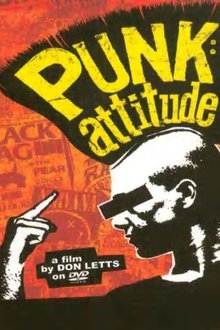
Punk: Attitude (2005)
From London's 1970 mod scene to Sonic Youth, punk music has always been about attitude and anarchy. This comprehensive rockumentary traces the roots of punk, from The Velvet Underground and the New York Dolls to the Sex Pistols and The Clash.
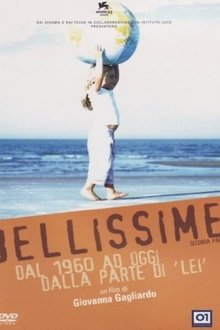
Bellissime (2004)
Documentary consisting of archival footage that depicts the evolving conditions of Italian women during the first half of the 20th century.
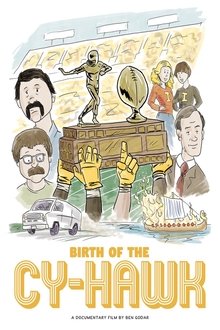
Birth of the Cy-Hawk (2019)
A Local Iowa documentary about the history of trophy to the Cy-Hawk games.
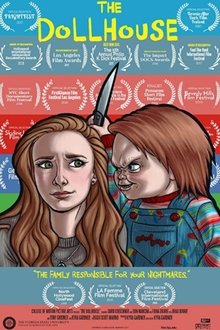
The Dollhouse (2017)
Kyra Gardner's loving tribute to growing up in the world of the psycho killer doll, Chucky.
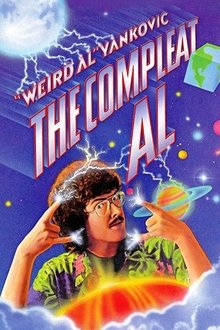
The Compleat Al (1985)
Fact and fiction are mingled in this mockumentary about the career of music parodist “Weird Al” Yankovic. In retelling his life story, the film includes eight "Weird Al" music video classics: "Ricky", "I Love Rocky Road", the award-winning "Eat It", "I Lost on Jeopardy", "This Is the Life", "Like a Surgeon", "One More Minute", and "Dare to Be Stupid"!

ABBA Mania, 50 ans de tubes cultes (2022)
World reference of the disco with 400 million albums sold, unforgettable titles like Waterloo, Mamma Mia ! or Dancing Queen, ABBA is a real planetary success. For 50 years, the world has been dancing to the rhythm of this mythical group. One year after the release of their new album, Agnetha, Björn, Benny and Anni-Frid meet again in a documentary that retraces the recipe of their incredible longevity. Between musicals, movies and concerts with their holograms, ABBA reveals the secret of their eternity.
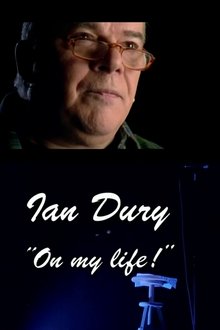
Ian Dury: On My Life! (1999)
Autobiographical documentary in which Ian Dury, fighting a battle with cancer to which he would later succumb, recalls his life and career. With contributions from painter Peter Blake and members of Dury's band, the Blockheads.
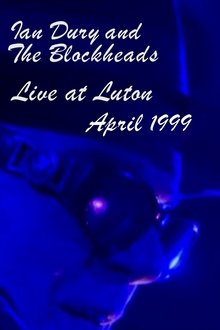
Ian Dury and the Blockheads: Live at Luton (1999)
In one of his last gigs, Ian Dury performs in concert with The Blockheads at Venue 27 in Luton. Hits include Reasons to Be Cheerful, Part 3, Mash It Up Harry and Bus Drivers' Prayer. First broadcast 28 March 2004
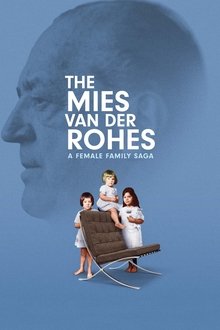
The Mies van der Rohes – A Female Family Saga (2023)
An epic family saga told by the women around the famous architect Ludwig Mies van der Rohe.
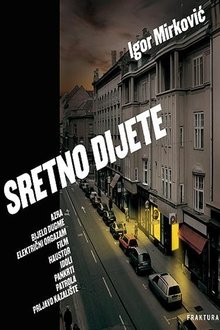
The Happy Child (2003)
The Happy Child is a story of "New Wave" rock genre predominant in the ex-Yugoslavia during the socialist 70's and 80's.
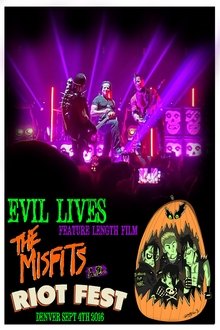
Evil Lives: The Misfits A.D. (2016)
A fan produced, unauthorized, non profit concert documentary featuring the Misfits playing their first show since 1983. Glenn Danzig and Jerry Only reuniting with Doyle as "The Misfits" to play two Riot Fest dates in 2016 was an unparalleled example of Hell truly freezing over. A obsession with a single challenge developed: Could one rip all of the crowd shot videos floating around on YouTube and sync their audio in order to recreate the FULL 80 minute show? The answer was yes.
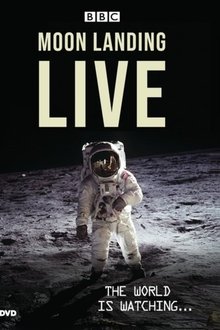
Moon Landing Live (2019)
July 1969. America made history and sent the first humans to the moon. High-quality NASA footage and extensive news broadcasts bring this sensational moment in history bursting back into life. Live news footage from every corner of the globe recreates the excitement and elation that surrounded the event, as 600 million people tuned in to watch Neil Armstrong's remarkable first steps.

Silent Victory Submarine Warfare in WWII (2010)
This World War II documentary rests on an unusual thesis: it argues that, in the wake of Pearl Harbor, the actions precipitated by the U.S.A.F. that truly helped turn the tide were perpetrated not by the widely-ballyhooed U.S.N. aviators or aircraft carriers, but by the American submarines - silent warriors beneath the deceptively placid ocean surface. The subs, after all, were responsible for gravely wounding Japan's industry, all but destroying the Japanese merchant fleet, and therefore preventing reinforcement of Japanese military garrisons. In relaying this story, the program draws on a series of interviews with military veterans, and endless archival footage of naval battles that chronologically tells the gripping story of the Pacific Front of the war.

Devil Boat: The Saga of PT 658 (2006)
Sixty-years after setting sail on the PT 658, a group of World War II veterans reminisce about their extraordinary experiences on the boat while attempting to restore it to it's original condition in a documentary that has a little something for war buffs and amateur historians alike.